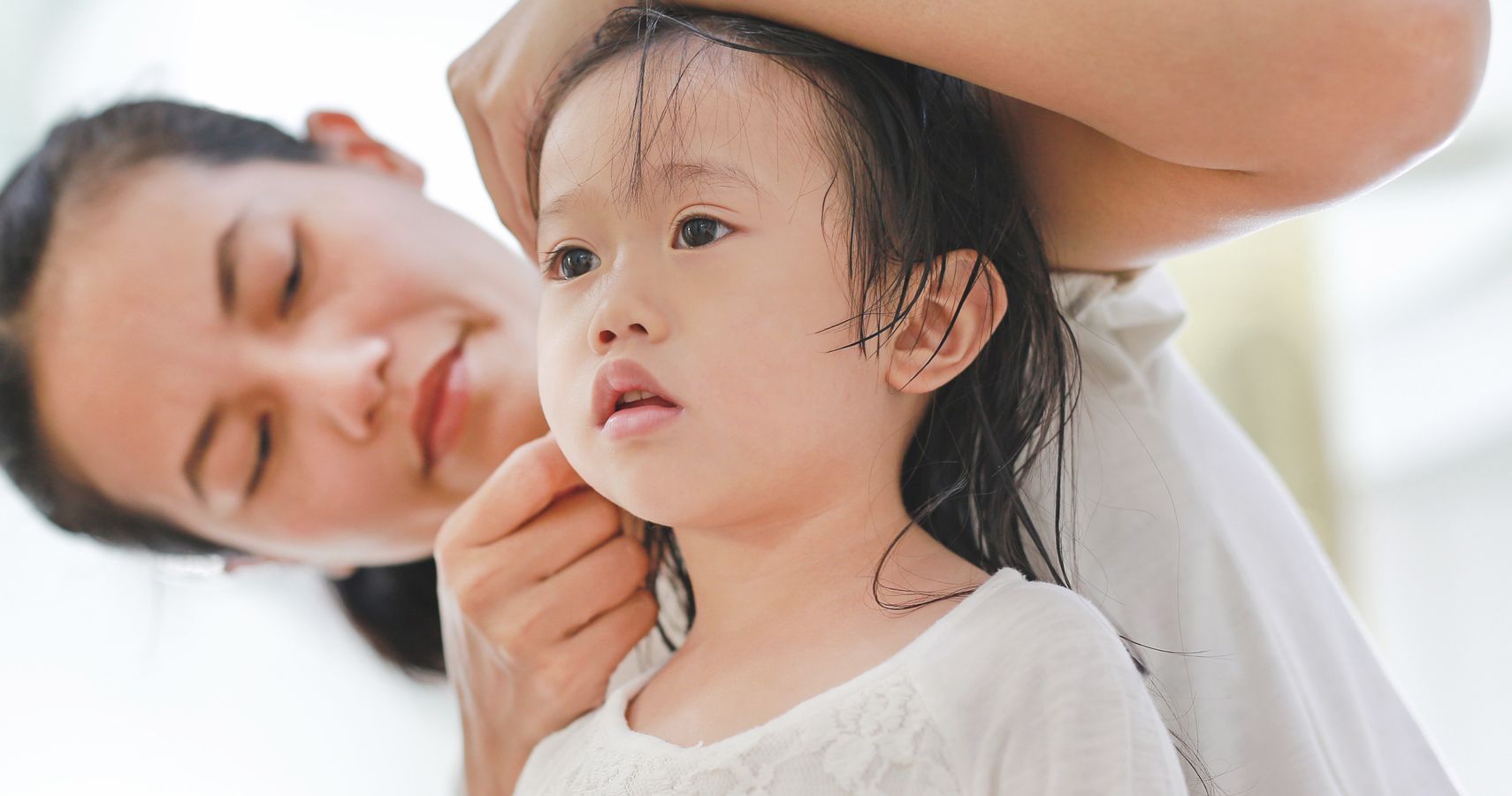Cleaning the ears is something that most people do without giving it much thought. It is not unusual for most people to stick a Q-tip into their ear to clean out the wax. If you have been doing this, it may interest you to know that you have been doing more harm than good to your ears. Most doctors will advise against sticking any object into the ear. This is especially the case when you are dealing with kids' delicate ears. Learning the ins and outs of cleaning your kids’ ears will help you to avoid ear health issues.
The human ear is made up of four parts - the inner ear, the middle ear, the eardrum, and the outer ear. When you think about cleaning your kids’ ears, your focus should be on the outer ear. Cleaning the outer ear or the part that is easily accessible is important. It helps to keep your kids' ears healthy while enhancing the hearing. It is also important to realize that ear wax is a natural occurrence and it is not a sign of unhealthy ears or a health issue
Cleaning Your Kid’s Ears
It is important to clean your kids’ ears carefully to avoid damaging them. You do not need to clean your kids’ ears every day using cotton buds. Clean only the outer part using a towel or napkin. Kids rarely produce much earwax to require daily cleaning. You need to realize that wax formation is part of the ears’ natural process.
The ear produces enough wax as it needs and disposes of it naturally. As new wax is formed, the small hairs in the ear lining help to push out the old wax. The ear wax usually comes out unaided so in essence, the ears clean themselves.
Problems With Cleaning Ears
Using an earbud to clean kids’ ears can be harmful. Instead of removing the wax, the swab can actually push the wax deeper into the small ear canal. In most cases, the simple act of wiping the dirt from the outer ear is adequate for the little ears. Some kids produce a thick, moist wax that often clogs the ears.
This can be uncomfortable for the child and it is important to clean the ears often. If your kid has too much wax, you can use drops to loosen it or take the child to a doctor. A good ear cleaning regime will help to protect the child’s delicate ears.
Common Earwax Problems
Too much wax can hamper a kid's hearing by making it dull, a situation that can have an impact on speech development. It can also hamper learning and behavior. Some kids tend to stick earbuds, fingers, or other objects deep into the ear in an attempt to ease the clogging.
Unfortunately, this habit can damage the eardrum. Trying to clean the child’s ears can actually end up damaging the tiny bones that are vital for proper hearing. Damage to the membrane can fail to heal effectively causing long-term problems for the child.
What You Need For Ear Cleaning
Before cleaning your kids’ ears, it is important to have the right cleaning items. You need a clean and soft towel or cloth and a cleaning solution or mineral oil. Make sure that you use solutions that are prescribed by your doctor. Putting the softening solution in the ear helps to soften the hard wax, making it easier to remove or clean.
Use the moist cloth to wipe the outer ear and remove any visible dirt or wax but avoid inserting the cloth into the ear. If the child has just had a bath, dry the ears by placing a towel under the child’s head while tilting it. This helps to drain out any water that may have gone into the ear.
You need to realize that some situations call for a doctor’s intervention. Hardened wax can make a child very uncomfortable and you need to take the child to a doctor if the problem persists. You should take the child to a doctor to have the wax flushed out.
If you notice signs of ear infection such as pus or blood oozing from the ear, seek medical assistance. You should also visit a doctor if the child has pain in the ear or has a fever. Only use wax solutions that are prescribed by a doctor. If the child has something stuck in the ear, always visit a medical professional to have it removed.
Sources: healthfully.com, pediatricsafety.net, gomama247.com.

